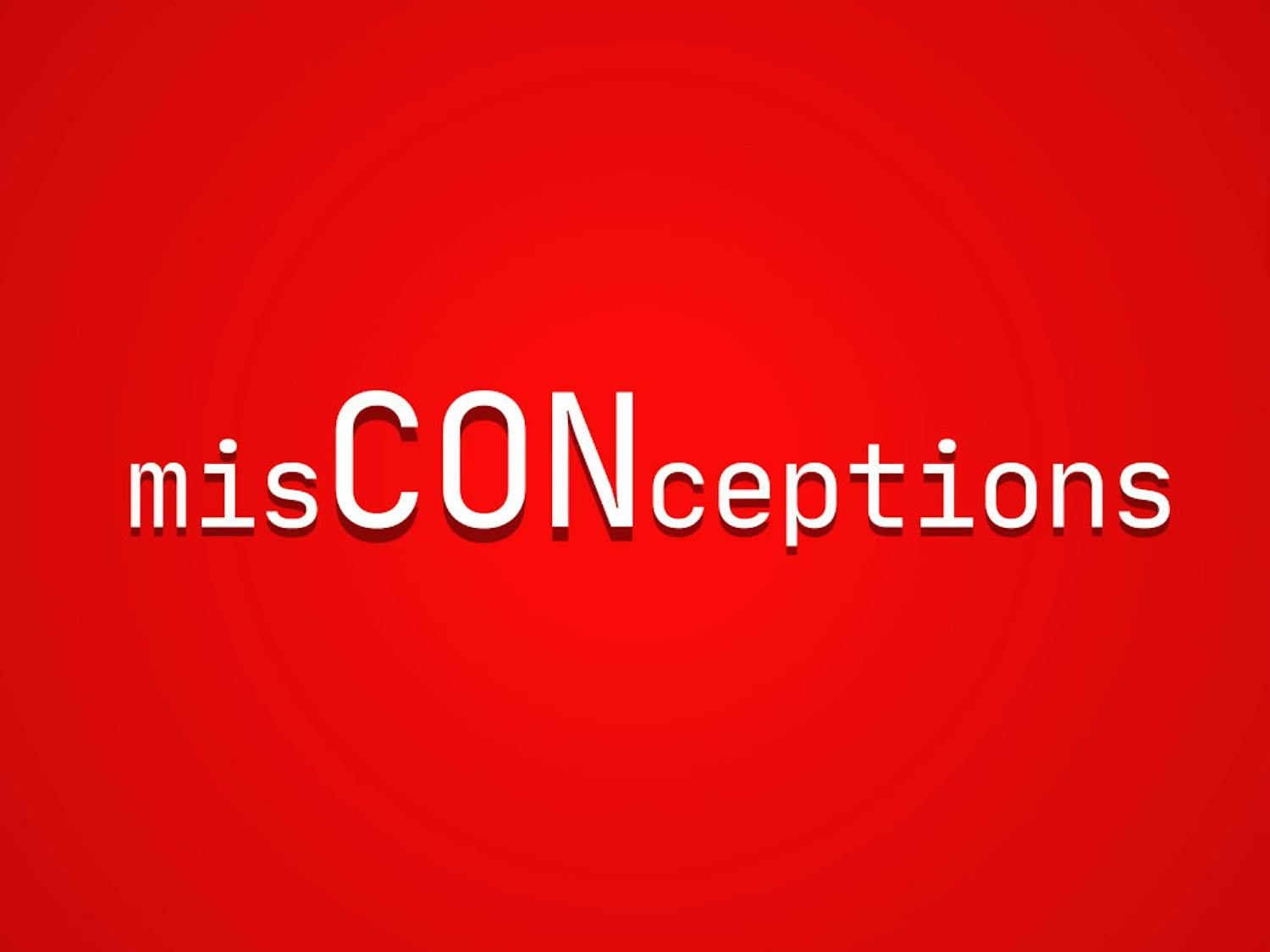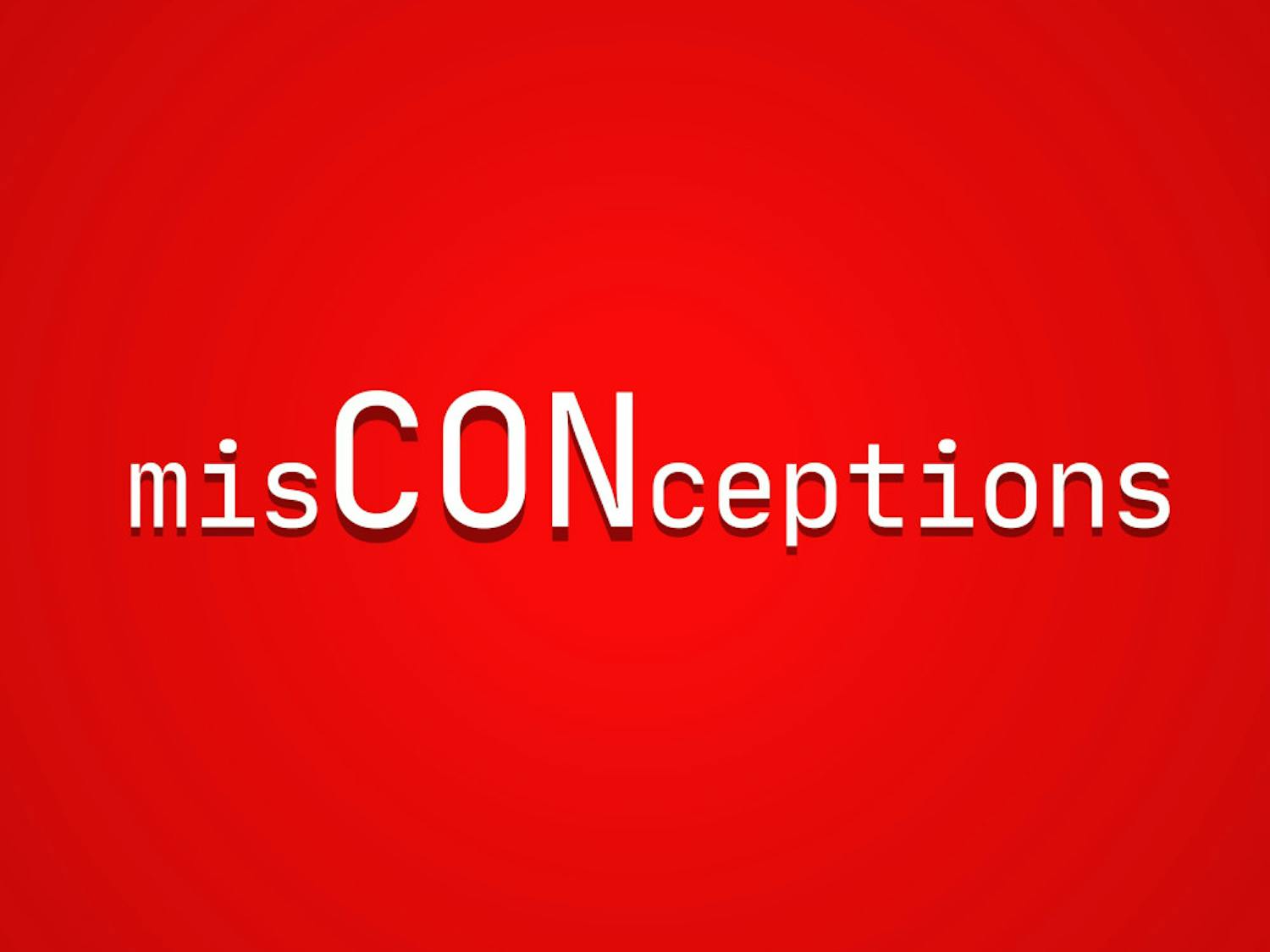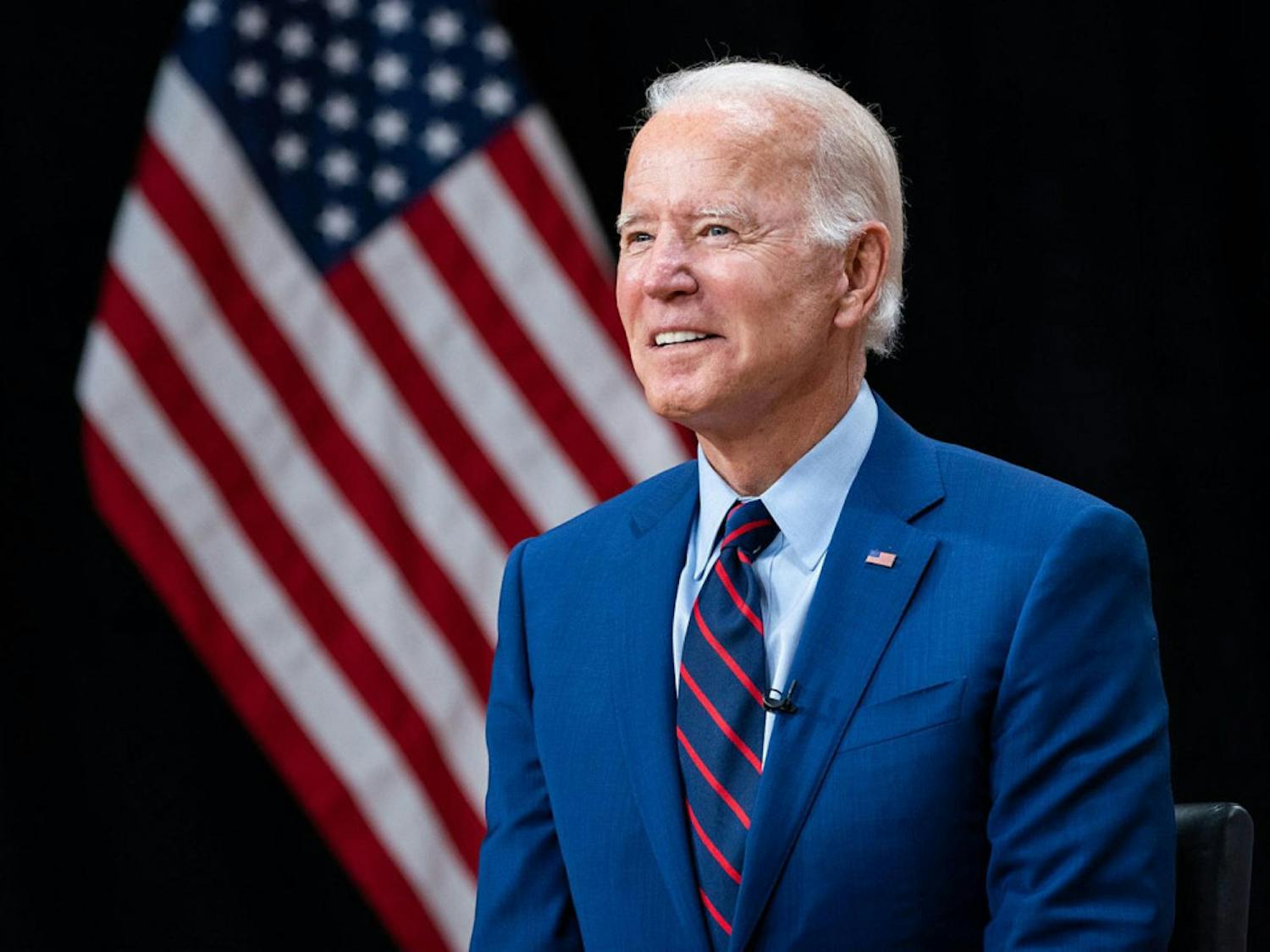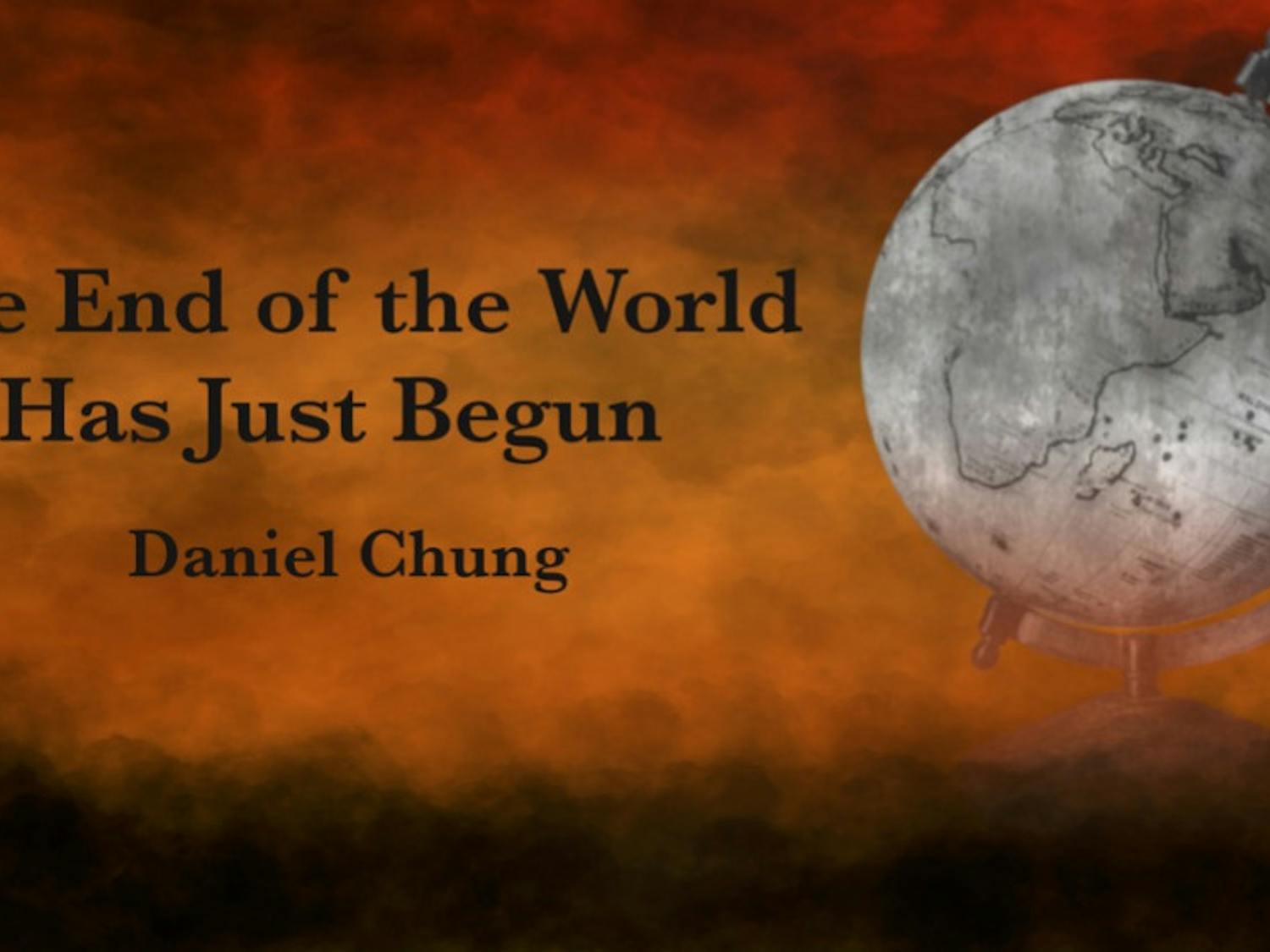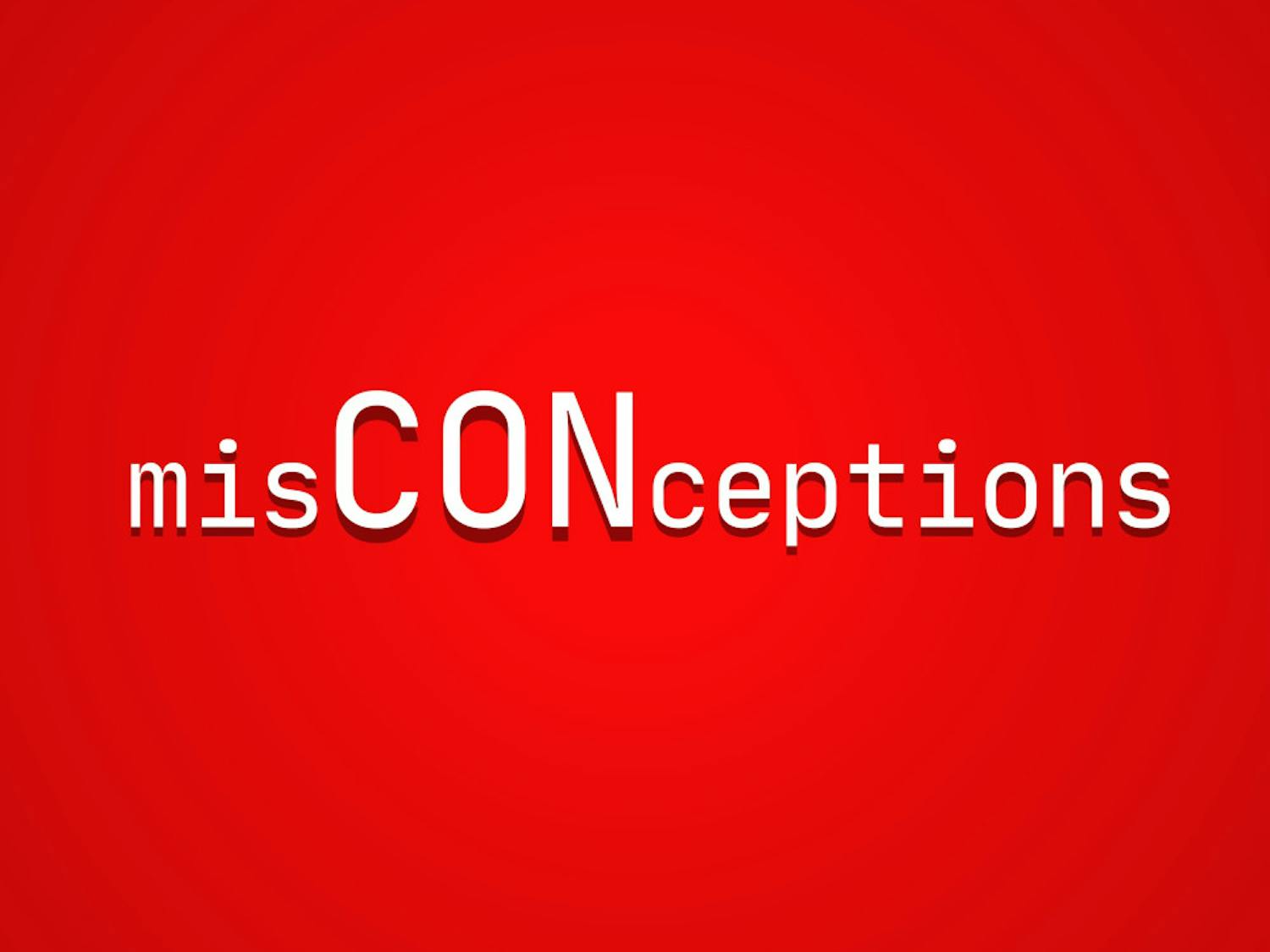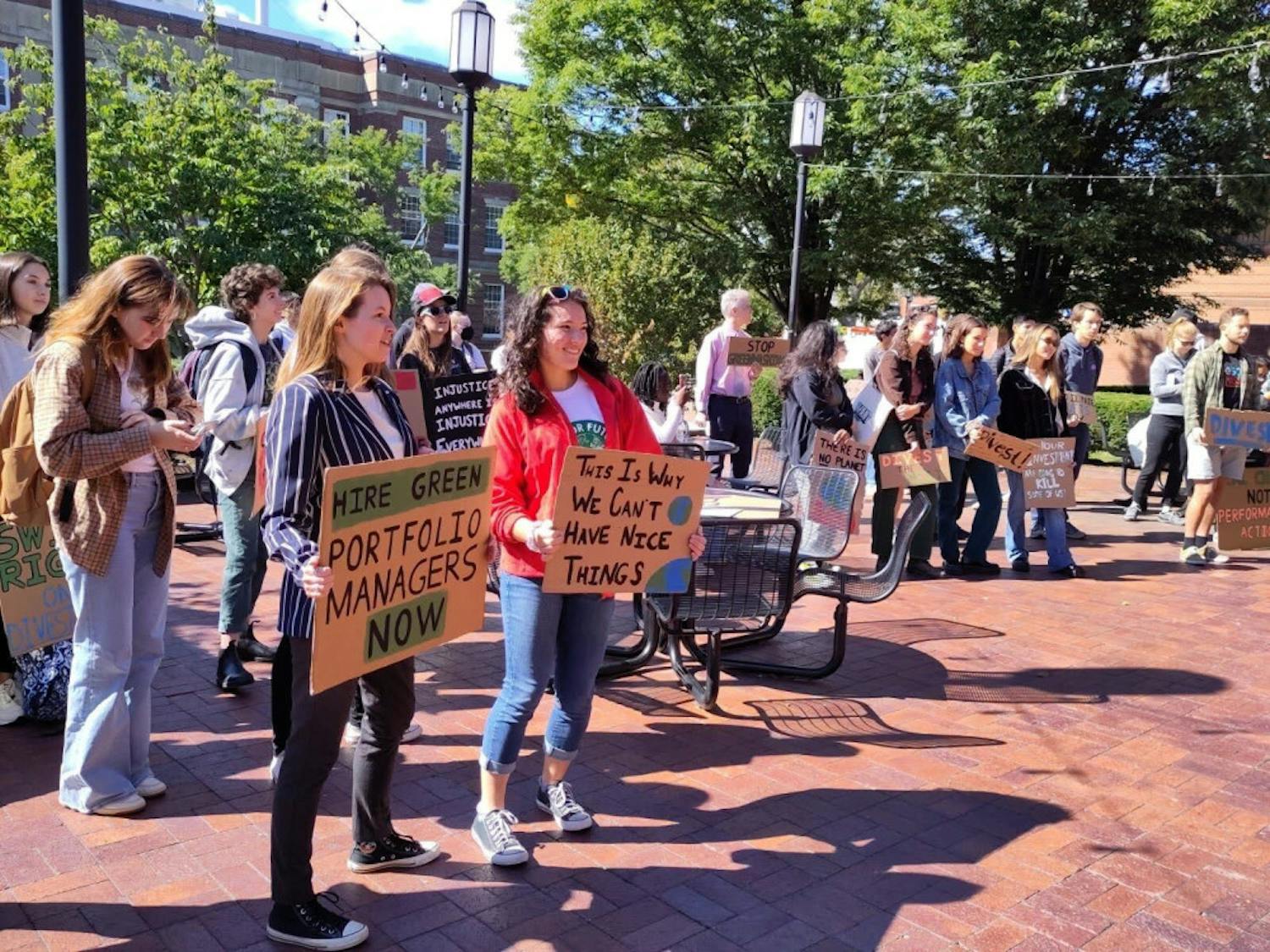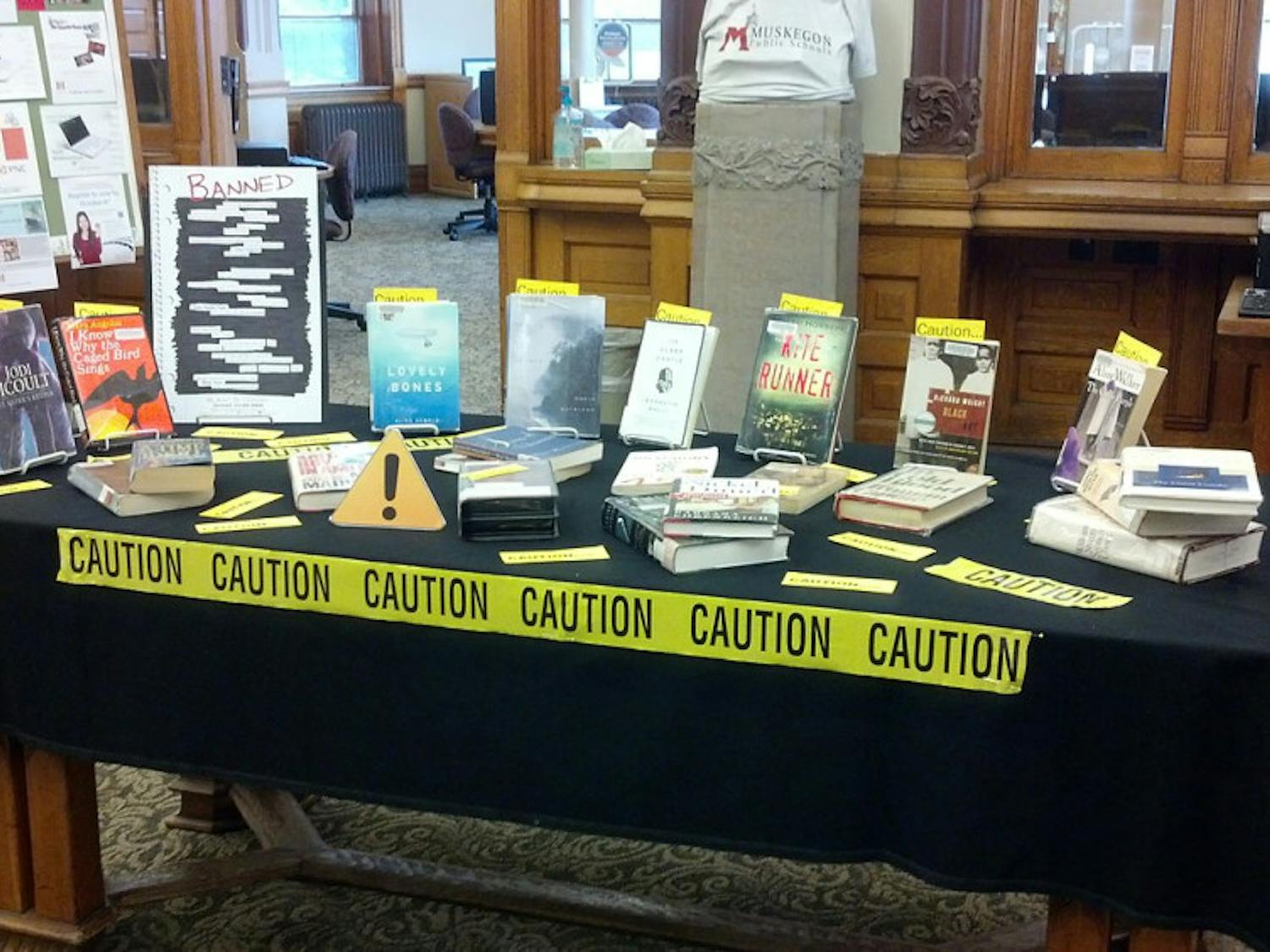Op-ed: Dear TCU Senate and TCA, mind your own business
By Kevin Golub | March 29Tim Buckley, the CEO of asset manager Vanguard, recently came out in support of his firm’s choice to not subscribe to environmental, social and governance investing. “Mr. Buckley … knows that Vanguard can’t promise to be a fiduciary to its clients while also committing to align its assets with the 2050 net-zero target,” said the Wall Street Journal’s Terrence Keeley. Buckley sees that investing clients’ capital in ESG funds is effectively betting on a future rooted in unproven technology and unpredictable government policy, both of which pose investment risks for the future. Recent action by the Tufts Community Union implies that this future, to them, is somehow knowable.


